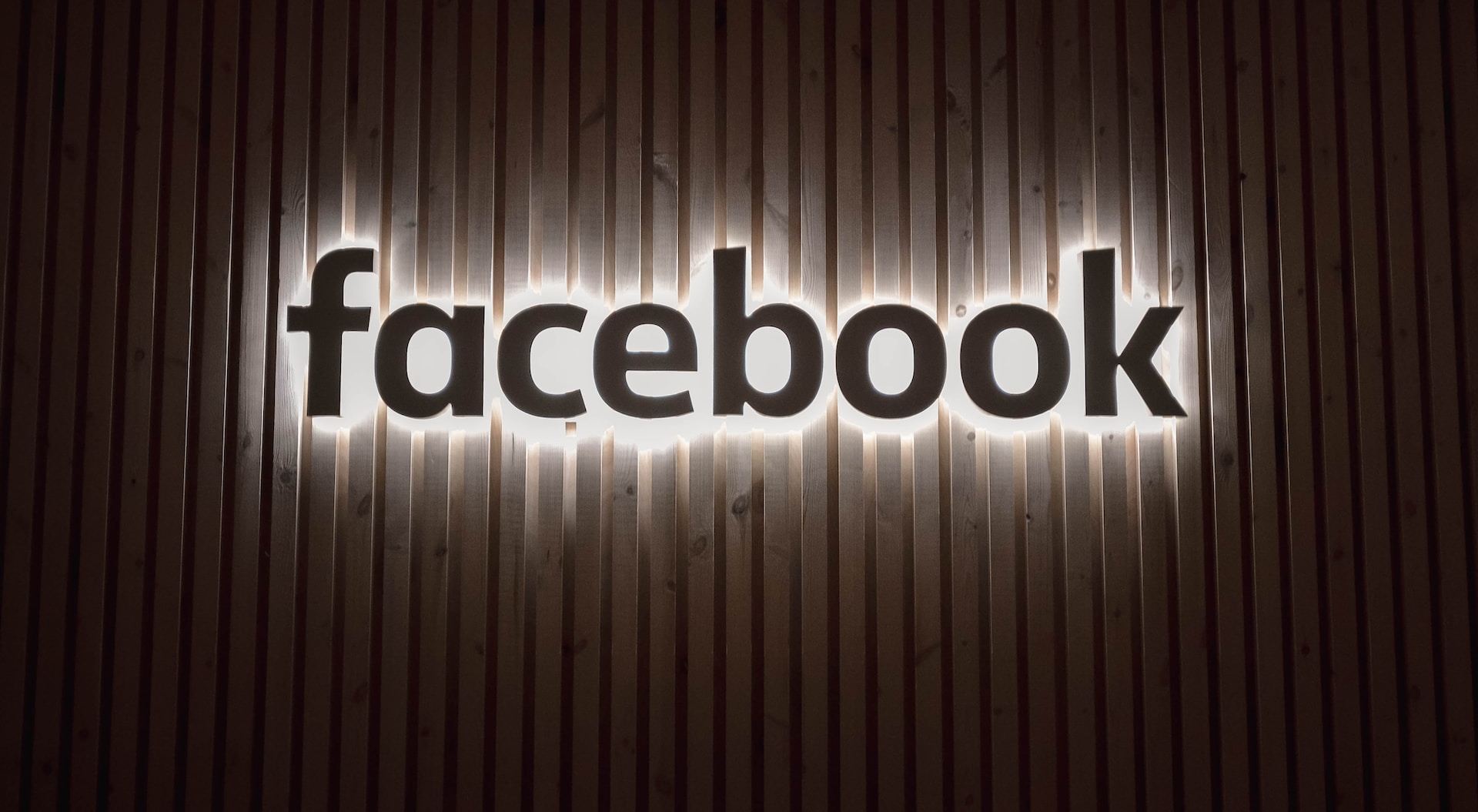- 24 April 2023
- 125
Facebook to Settle Privacy Lawsuit for $725 Million: Here’s How Users Can Get Their Cut

In July 2015, a class-action lawsuit was filed against Facebook alleging that the company had violated users’ privacy by using their personal data without their consent. The lawsuit, which was filed on behalf of 1.6 million users in Illinois, claimed that Facebook had used facial recognition technology to tag users in photos without their permission, in violation of the state’s Biometric Information Privacy Act (BIPA).
After six years of legal battles, Facebook has agreed to settle the lawsuit for $725 million. The settlement, which is one of the largest ever in a privacy case, was approved by a federal judge in California in February 2021.
Under the terms of the settlement, Facebook has agreed to pay $725 million to the class of plaintiffs, with each member potentially receiving a payout of $345. However, users who want to claim their share of the settlement will need to take action.
To be eligible for a payout, users must have lived in Illinois for at least six months between June 7, 2011, and August 19, 2020, and must have had their facial recognition data collected by Facebook during that time. Users who have not received a notice from Facebook about the settlement can still submit a claim online at www.facebookbipaclassaction.com. The deadline for submitting a claim is November 23, 2021.
In addition to the payout, Facebook has also agreed to change its practices related to the collection and use of facial recognition data. The company has agreed to provide more information to users about its facial recognition technology and to obtain users’ express consent before collecting their biometric data. Facebook has also agreed to delete all existing facial recognition data collected from Illinois users, unless it obtains express consent from the users to retain it.
The settlement is a significant victory for privacy advocates, who have long been concerned about the use of facial recognition technology and the collection of biometric data without users’ consent. The case is also a reminder of the importance of state-level privacy laws, which can provide additional protections for users beyond those offered by federal law.
However, some critics have argued that the settlement amount is too low, given the scale of Facebook’s alleged violations. The Electronic Privacy Information Center (EPIC), a nonprofit organization that filed an amicus brief in support of the plaintiffs, called the settlement “insufficient to deter Facebook or others from future privacy violations.”
Others have raised concerns about the difficulty of ensuring that users receive their fair share of the settlement. In a statement, Illinois Attorney General Kwame Raoul urged eligible users to submit a claim, but acknowledged that “it may be difficult to ensure that all affected persons receive their portion of the settlement funds.”
Despite these concerns, the settlement represents a significant milestone in the ongoing debate over privacy and technology, and underscores the need for companies to be transparent about their data collection practices and to obtain users’ consent before collecting their personal information.
As for Facebook, the company has acknowledged its wrongdoing and pledged to do better in the future. In a statement, Facebook Vice President and Deputy General Counsel, Sung Hwang, said that the company is “pleased to have reached a settlement so we can move past this matter, which is in the best interest of our community and our shareholders.”
Only time will tell whether Facebook will follow through on its promises to protect users’ privacy and comply with state and federal laws. However, the settlement is a reminder that even the most powerful tech companies are not above the law, and that users have the power to hold them accountable for their actions.

